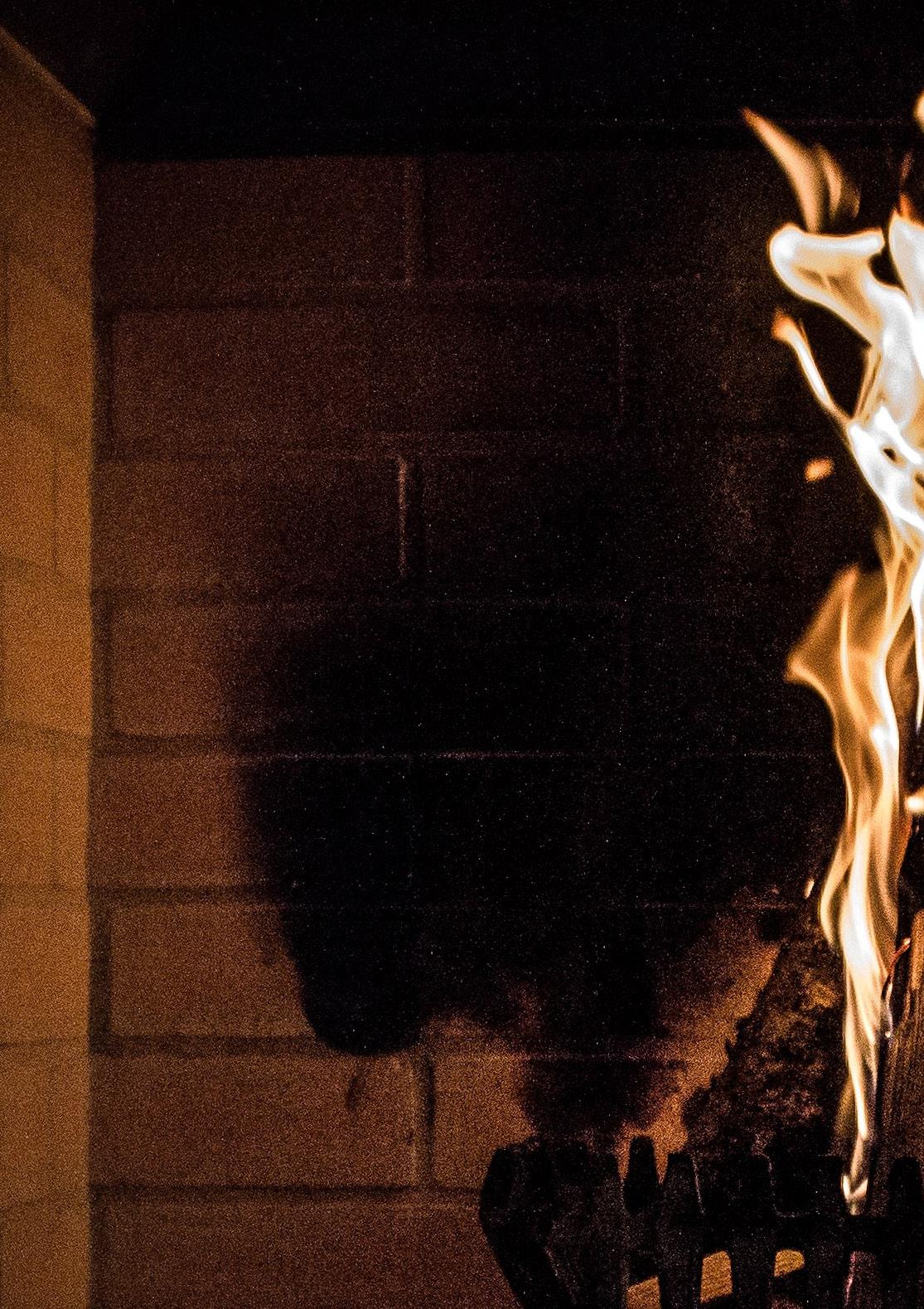
4 minute read
EMERGING ADULTHOOD
ADULT HOOD EMERGING
Sam Bloore is an Adjunct Teaching Fellow, contributing to Venn Presents and the Residential Fellowship. We were fortunate to have him speak at our Beyond Experience Retreat where he shared his research on emerging adulthood. This article has been written, with his permission, from that presentation. The quotes come from Emerging Adulthood: The Winding Road from the Late Teens Through the Twenties 2nd Edition by Jeffrey Jensen Arnett. If you would like to know more this is a good read.
Advertisement
s recently as 1960, the typical 21-year-old
Awas likely to be married or on their way to marriage, caring for a newborn child, or expecting one soon, reaching the end of their education, and settled in a longterm job and/or raising a family. Periods of history can fast-track societal change. World Wars I and II, The Industrial Revolution, and even now during a pandemic, massive change is happening. Perhaps now, with the exponential rise of technology and social media, these changes are happening quicker than ever. The expectations and reality for young people in Western society has been quietly changing over the last half-century. Today, the life of a typical 21-year-old, the road to adulthood is a long one. They experience the double-edged-sword of the freedom of options, and the anxiety of not knowing what’s coming next—especially after a disruption of a pandemic. This period is not simply an 'extended adolescence.' There is too much parental freedom and exploration of independence to fit the definition. Nor is it really a 'young adulthood,' since this term implies that an early stage of adulthood has been reached. Whereas most young people in their 20's have not made the traditional milestones historically associated with adult status. A lot of them feel and joke as if they have not yet reached adulthood. Instead, what we see is a new and historically unprecedented stage of the life course, so it requires a new term and a new way of thinking.
Sam Bloore proposes the term Emerging Adulthood. Which is generally agreed to be between 18-29 years. Best described as having 5 features.
1IDENTITY EXPLORATIONS. We see this in choices around where and with whom emerging adults choose to live, hobbies and skills they choose to develop, and potentially exploring their ideas around gender and sexuality. Regardless of your view on any of these, Christ calls us to love.
2INSTABILITY. Many of those institutions both structural and human are no longer as stable as they once seemed. Even the uncertainties around weather and climate change, social interaction and lockdowns, and any long-term plans such as travel, and career progress can be halted at any moment.
3SELF-FOCUS. Perhaps every generation could be accused of this. However, with the onset and proliferation of social media and the opportunity for society to comment, a magnifying glass has been placed on the focus of oneself. Its negative impacts have never been more prevalent.
4FEELING IN-BETWEEN. Between the uncertainty and mistrust of “institutions” and expressions of ‘what am I doing with my life…’ creates an almost perfect recipe for feeling inbetween.
5POSSIBILITY/OPTIMISM. On a lighter note than the previous four stages, there is also a measurable sense of hope that can be embraced. However, it isn’t the usual channels, institutions, or players. It's framed around social justice, voices for minorities, and bicultural journey. The downside to this is the lack of patience associated here, a message of how “change has to be now, and soon!” We should aim to put the focus on the cause first and the institution second. For these hopes to be truly optimistic and attainable, they have to be nimble and have grassroots. It's easy to see these descriptors and interpret a sense of hopelessness and helplessness, but Sam also argues for 4 Practical Steps that are not framed around quantity, but quality. Perhaps doing less, but doing things with intention and meaning.
1A BIBLICAL ANTHROPOLOGY. An anthropology and worldview that starts with God at the top - not the other way around. God precedes and supersedes us in every way.
2STABILITY. Offering simple stability that previous generations may have taken for granted.
3SERVICE. That focuses on real and tangible change, not change that has a focus so much on an institution but change whereby we let the experience speak for itself—focus on what you have control over.
4SAINTS & EXEMPLARS. Parts of our faith have been sceptical of an emphasis on saints, causing some branches of our Christian faith to have swung the pendulum away from embracing these identities. However, with a different focus on what and why, these same identities can contribute to reinforcing our faith and even introducing others to our faith as followers of Jesus.










